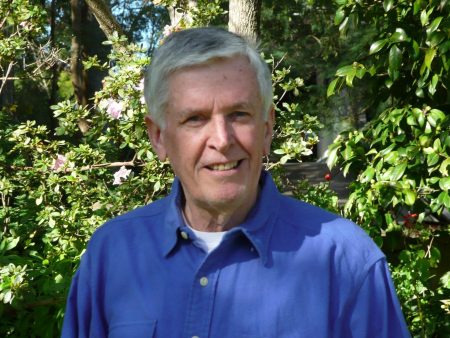JOHN TULLOH: Fidel's ghost teases Washington.
November 29, 2016
John Tulloh argues that for Trump to renege on Obama’s changes, would be fraught with legal problems, specially for those businesses which have already invested tens of millions in infrastructure in anticipation of Cuba becoming more accessible.
Having been thwarted on many occasions by a hostile Republican Congress, Barack Obama in the gloaming of his presidency may well reflect with some pleasure that at least he was able to bring about a rapprochement with Cuba. That was until Fidel Castro died on his watch. His passing revived old enmities going back to the Cold War days of the 60s and stoked during the election campaign by his successor, Donald Trump.
Trump faces two issues regarding Cuba. The first is whether to maintain the trade embargo imposed by Washington 47 years ago or to dilute it or abandon it. But that is a matter for a Congressional vote, not a decision by the White House. The second is whether to rescind Obamas executive orders allowing concessions, such as travel, US investment in Cuba and cultural and sporting ties. But why would a man who wants to make America great again pass up all those opportunities to help fulfil that when they are right on his doorstep?
As we all know now, speculating on Trumps intentions is not so much about predicting what he will do, but whether he will change his mind depending on what suits him on the day. During his run for the White House, he spoke approvingly of engaging with Cuba. But later he and his running mate, Mike Pence, promised to reverse Obamas executive orders. This was when they were in Florida, a critical state for Electoral College votes. It may have been nothing more than cynical fodder for the large Cuban American community forever hostile to Castro for their exile.
Although Trump marked Castros death with a statement of good riddance, he has not repeated his vow to undo Obamas work as a matter of policy. Why would he? Trump, of course, is or was a businessman who was never too fussed by legalities or ethics. The embargo has been a hindrance to US business as he well knows when he tried to circumvent it 18 years ago. Today there are enormous openings for US companies thanks to Obama, such as the airlines, tourist operators, hotel chains and agriculture businesses as well as the well-known dispensers of fast food and coffee.
The New York Times notes that billions of dollars in goods from American stores like Walmart and Best Buy, financed on American credit cards, make their way to Cuba every year. Restaurants, cellphones and the internet have changed the rhythm and expectations of Cuban life. In short, corporate America is already entwining Cuba with its business tentacles. As Obama said two years ago when announcing the thaw in US/Cuba relations, Change is going to come to Cuba. It has to.
This week, Trump said on Twitter: If Cuba is unwilling to make a better deal for the Cuban people, the Cuban-American people and the US as a whole, I will terminate the deal (Obamas concessions). Again, why would he? The trade, business and financial potential is there for the asking - jobs, income and profits for Americans and Cubans alike. Furthermore, it would inject life into the enfeebled Cuban economy and in turn may well undermine the socialist Cuban government which has infuriated Washington for half a century.
Reneging on Obamas changes would be fraught with legal problems, especially for those businesses which have already invested tens of millions in infrastructure in anticipation of Cuba becoming more accessible. Trump has to be mindful of hardliners who want to tighten the embargo until Cuba releases political prisoners and allows free elections. But he is more likely to take note that the majority of Americans say it is time to end the embargo and, more importantly, ponder all that money it has cost over 47 years: an estimated $1.126 trillion.
As the New York Times said in an editorial: Mr. Trump could build on Mr. Obamas approach by pressing lawmakers to do away with the senseless embargo. Once that happened, the American government would be better positioned to keep promoting freedom of expression, free enterprise and democratic governance, while making it clear that the future of Cuba must be decided by Cubans.
It will be a challenge for Donald Trump in having to forsake his blustering business style in Manhattans Trump Tower for his new world on Pennsylvania Avenue of political appeasement and diplomatic niceties. Although he claims to have handed over all his business interests to his family, one cannot help wonder whether a man so infatuated with his own name as a brand can already foresee a Hotel Trump towering over the Havana waterfront as a symbol of American power and greatness.
John Tulloh had a 40-year career in foreign news.
